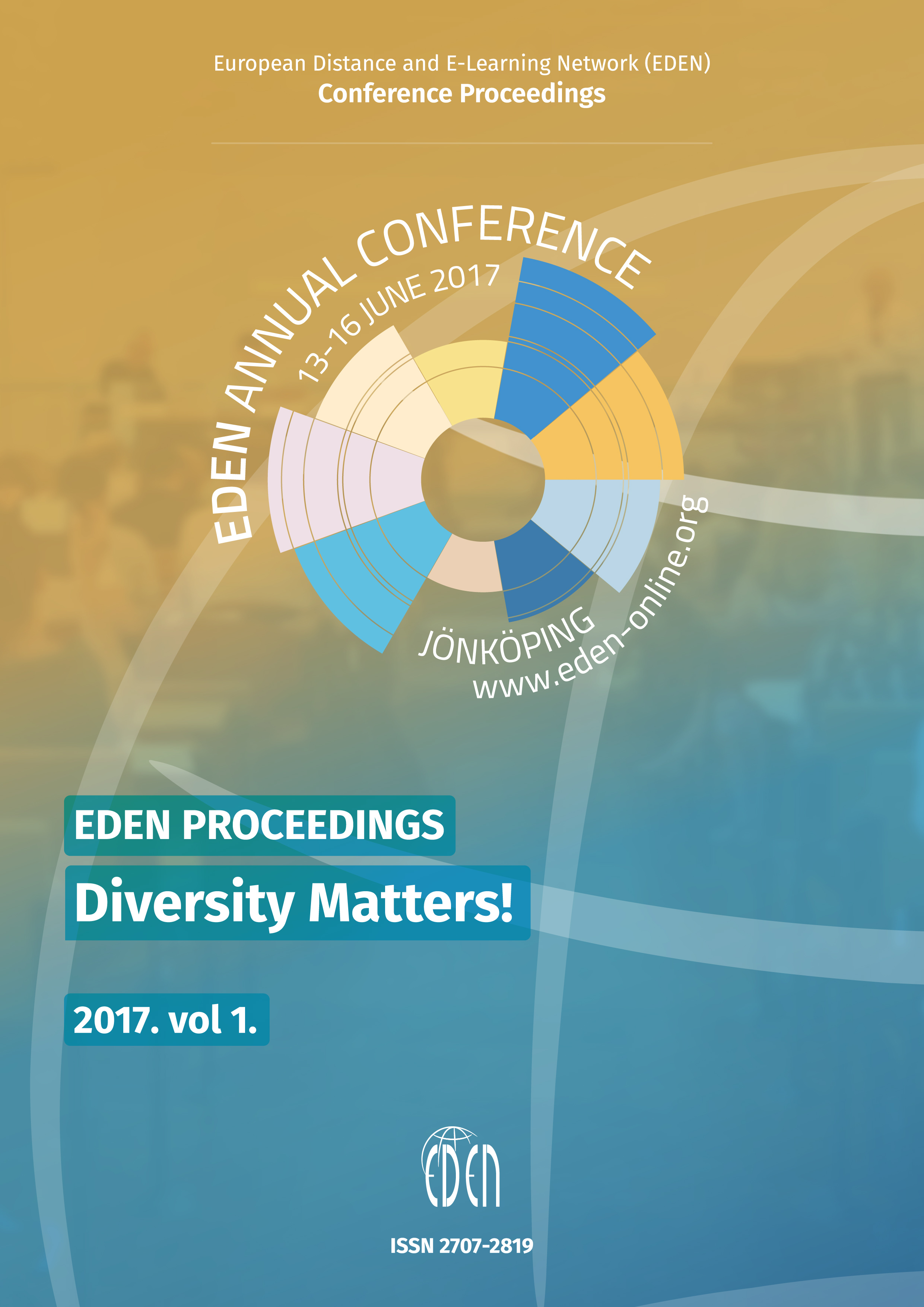Towards Privacy Issues in Personal Learning Environments. a Conceptual Model of Ple Privacy
Towards Privacy Issues in Personal Learning Environments. a Conceptual Model of Ple Privacy
Author(s): Malinka Ivanova, Victoria I. Marin, Gemma Tur, Ilona BuchemSubject(s): Social Sciences, Education, Higher Education
Published by: European Distance and E-Learning Network
Keywords: E-skills, e-competences; Learning analytics; Networked learning; New ICT and media applications in learning; Non-formal and informal learning; Online learning environments and platforms; Open content
Summary/Abstract: Higher Education has been enriched by an increasing diversity demanding inclusive practices (Kaur, Noman, & Nordin, 2016), among which technology enhanced learning (TEL) has emerged as paramount for more student-centred (personal) learning. This personal learning involves changing the nexus of power and control from institutions and teachers to learners, e.g. students being able to orchestrate the different educational tools, resources and content (Buchem, Attwell, & Torres, 2011). It occurs causally in informal learning settings, and can be connected to parts of the formal learning process. The learning happens in an open and social environment of the web -social media, social networks and community of practices- and contributes to expanding the possibilities of personal learning to collective and social learning (Camacho & Guilana, 2011). Personal Learning Environments (PLE) as an approach to technology enhanced learning emphasizes the shift of control and ownership from the educator or the designer of a learning environment to the user or the learner, bestowing decision making and choice upon the learner, especially the choice of the learning tools and the use of these tools for learning (Buchem, Tur, & Hoelterhof, 2014). According to the PLE approach each learner designs a unique learning environment to support and enhance individual learning, collecting a wide variety of personal data related not only to the private life, but also to the student learning profile. Especially young people share their private lives online, providing huge amounts of data while older generations are fighting to keep private, among others because they do not fully understand the public nature of the Internet and its implications (Barnes, 2006). While more and more private data is created and shared on the Internet, more and more enterprises, government agencies and marketers are collecting personal data. Barnes (2006) names this situation “a privacy paradox” since many users and learners are not aware of how their private data is used or misused and they are not taking steps to protect their personal data from being used by others. At the same time, it is possible to use the data created and shared on the Internet for educational purposes, for example by means of learning analytics and recommender systems to support individual learning processes.
Journal: European Distance and E-Learning Network (EDEN) Conference Proceedings
- Issue Year: 2017
- Issue No: 1
- Page Range: 205-214
- Page Count: 10
- Language: English

